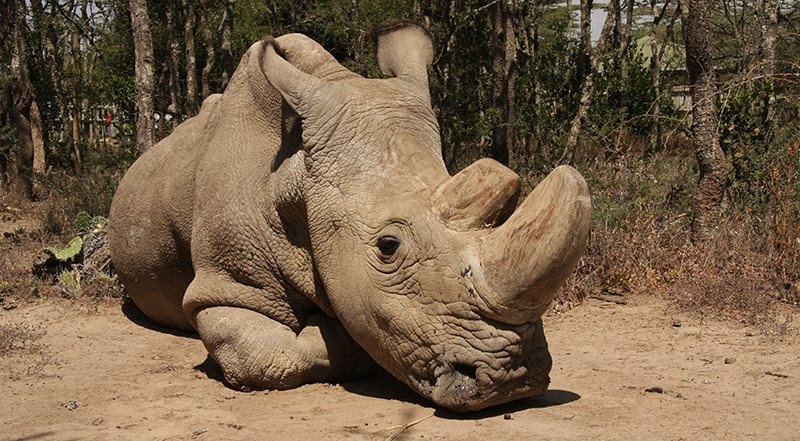Scientists and whale watchers have noticed that orcas have in recent years begun behaving in ways they had not before in order to get their prey.
In March 2019, researchers off the coast of southwestern Australia witnessed a gruesome scene: a dozen orcas ganging up on one of the biggest creatures on Earth to kill it. The orcas devoured huge chunks of flesh from the flanks of an adult blue whale, which died an hour later. This was the first-ever documented case of orca-on-blue-whale predation, but it wouldn’t be the last.
In recent months, orcas (Orcinus orca) have also been spotted abducting baby pilot whales and tearing open sharks to feast on their livers.
Off the coast of Spain and Portugal, a small population of orcas have been spotted ramming and sinking boats.
So what’s going on?
Are these new behaviour or have orcas always shown this kind of aggression and it hasn’t been noticed?
All of these incidents show just how clever these apex predators are.
“These are animals with an incredibly complex and highly evolved brain,” Deborah Giles, an orca researcher at the University of Washington and the nonprofit Wild Orca, told Live Science. “They’ve got parts of their brain that are associated with memory and emotion that are significantly more developed than even in the human brain.”
But the scale and novelty of recent attacks have raised a question: Are orcas getting smarter? And if so, what’s driving this shift?
It’s not likely that orcas’ brains are changing on an anatomical level, said Josh McInnes, a marine ecologist who studies orcas at the University of British Columbia. “Behavioral change can influence anatomical change in an animal or a population” — but only over thousands of years of evolution, McInnes told Live Science.




